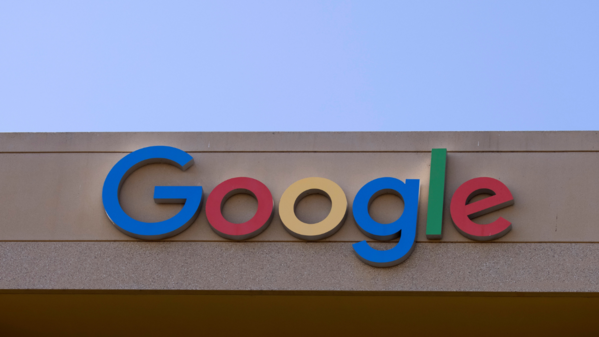DOJ reportedly proposes sale of Google Chrome, potentially worth $20 Billion

23-Nov-2024 01:55 AM
The US Justice Department wants Google to sell its Chrome browser. This could cost Google billions of dollars. A judge already said Google controls too much of the internet. Google might also face new rules for its other products. The judge will make a decision soon. This decision could change how big tech companies operate.
The U.S. Department of Justice (DOJ) is reportedly seeking to force Alphabet Inc., Google's parent company, to sell its Chrome browser. If approved by a federal judge, the sale could fetch between $15 billion and $20 billion, according to Bloomberg. Background The DOJ’s push follows a ruling by U.S. District Judge Amit Mehta in August 2023, which found that Google had illegally monopolized the search market. Mehta’s memorandum stated: "Google’s dominance has gone unchallenged for well over a decade. Its distribution agreements foreclose a substantial portion of the general search services market and impair rivals’ opportunities to compete." The ruling also highlighted how Google paid $26 billion in 2021 to make Chrome the default browser on smartphones and other devices, further solidifying its market dominance and stifling competition. Antitrust Implications The DOJ’s proposal seeks not only the sale of Chrome but also stricter regulations on Google’s artificial intelligence initiatives and Android operating system. Additionally, states involved in the antitrust suit are recommending data licensing requirements to prevent Google from leveraging its dominance unfairly. Impact on Google If Chrome is sold, it could significantly disrupt Google’s advertising and AI businesses. Chrome currently holds 61% of the U.S. browser market, according to StatCounter, and plays a critical role in funneling users to Google’s flagship products like Search and Gemini, its AI platform. Bloomberg Intelligence analyst Mandeep Singh estimates Chrome’s value at $15-$20 billion, noting its over 3 billion monthly active users. However, TECHnalysis Research analyst Bob O’Donnell remarked that Chrome’s true worth lies in its integration with other services: "It serves as a gateway to other things. It’s not clear how you measure that from a pure revenue-generating perspective." Google’s Response Lee-Anne Mulholland, Google’s vice president of regulatory affairs, criticized the DOJ’s actions, calling them part of a “radical agenda”: "The government putting its thumb on the scale in these ways would harm consumers, developers, and American technological leadership at precisely the moment it is most needed." What’s Next? The case’s next status conference is scheduled for November 26. Judge Mehta’s decision could shape the future of digital competition in the U.S. and redefine the role of tech giants in maintaining fair market practices. For now, Chrome’s fate hangs in the balance, as regulators and courts grapple with balancing innovation and competition.